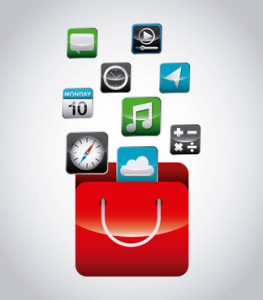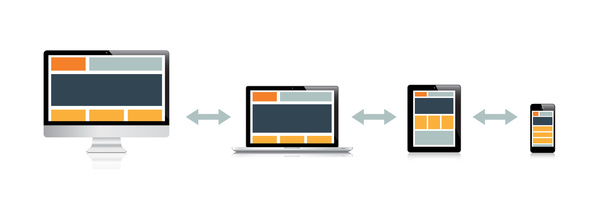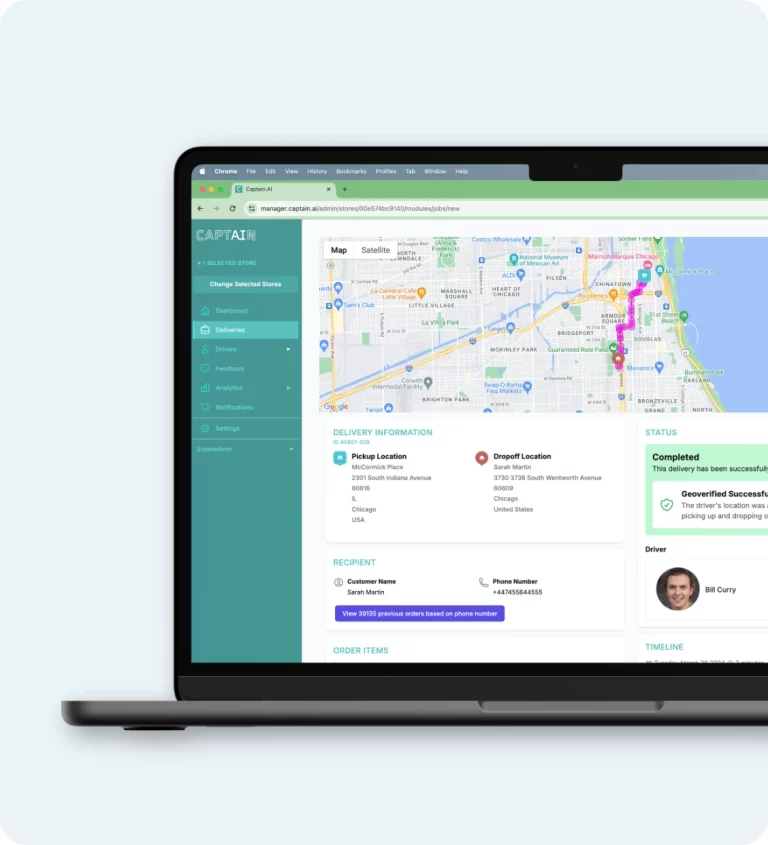Mobile application
A mobile is application (or “app”) is an an application that is specially developed for mobile devices (smartphones or tablets).
Apps are usually distributed via a download platform (the equivalent of an online shop), the most widely used being:
- Apple Store (Apple),
- Play Store (Google),
- Windows Phone Store (Windows).
App pros:
- A harmonious, user-friendly interface: mobile apps are specially designed for mobile devices. As a result, they inherently offer rapid, attractive interfaces and a pleasant user experience.
- Quick access to the app: no need for users to remember a website’s URL or first run a search to find what they are looking for; a click on the app’s icon is all it takes to go to the content.
- Efficient notifications: when activated, the “push” function allows you to directly notify users of your latest news, promotions, events, etc. This is a genuine vehicle for maintaining contact with your customers, and will boost your daily activity.
- Modern image: offering an app will increase your visibility and notoriety. Simply being permanently present on a customer’s smartphone or tablet imprints your brand name firmly in his or her mind.
App cons:
- Apps take up a considerable amount of space in a smartphone’s memory.
- Investment: setting up an app is costly, especially if it is custom-developed with features specific to your restaurant.
- Application updates: app versions need to be regularly updated, but nothing guarantees that users will update theirs.
- Independent content: the only way to establish links between your app and your website is to be integrated through an API, which will synchronize the app’s data with that of the website.
- Potentially costly modifications: if you want to modify your app and offer new features, you will have to proceed once again via your application publisher, and setting up these modifications often incurs considerable cost.
- Limited room for manoeuvre: if you change something in your app, you will again have to turn to your app publisher to implement this change, which will cost you time and money. Remember, the app publisher is subject to a number of restrictions, and must abide by the platforms’ rules and validation time frames.
Having a mobile app is clearly a prerequisite for a big restaurant chain like McDonald’s, as it will allow users to locate the nearest restaurant, among other things, when they are on the move. If you own an independent restaurant, offering a mobile app will give your establishment a modern, up-to-the-minute image, as well as allowing you to retrieve the contact details of customers who don’t place online orders, but who have downloaded the app simply because they like your restaurant. The other alternative is to opt for a responsive website.
Responsive website
A responsive website is one that will provide an optimal viewing experience across a wide range of devices.
Responsive website pros:
- Strategic positioning: even if the smartphone market is in full swing, not all smartphone users necessarily install and use “superfluous” apps. If you choose to only offer an app, you will be unable to reach this segment of the smartphone population.
- Multiple development possibilities: websites are constantly changing. Having a responsive site allows visitors to gain access, via their mobile device, to news posted on the website, just as if they were using their PC. Every part and every feature of the original website is equally accessible via a mobile device.
- Universal character: a responsive website can be viewed using any smartphone, mobile phone, tablet or computer; this is not the case with an app.
- Reasonable cost: implementing a responsive website costs less than creating a mobile app. Indeed, making your website responsive does not require any supplementary development in relation to the original site.
- Simplicity: when you implement a change on your original website, this change is automatically adapted to, and visible on, a mobile device.
Responsive website cons:
- Response and load times will depend on the quality of the user’s 3G/4G connection.
In practice, in 2016, engaging in a dynamic, online activity without offering a responsive website is simply unthinkable. No one today seriously expects a website to be unreadable on their smartphone or tablet… including Google, which now integrates the mobile-friendly aspect of pages in its SEO evaluation criteria.
Which option should you choose?
In reality, while the trend is increasingly oriented towards apps, no one today can afford to go without a responsive website. For your restaurant, the top priority is to develop a website that can be easily and optimally viewed no matter the device: smartphone, tablet or PC. To be sure, the cost of creating a mobile app is now less that it used to be, so you can by all means envisage this solution in addition to your responsive website. In any case, bear in mind that the already considerable proportion of mobile Internet users is constantly increasing!








